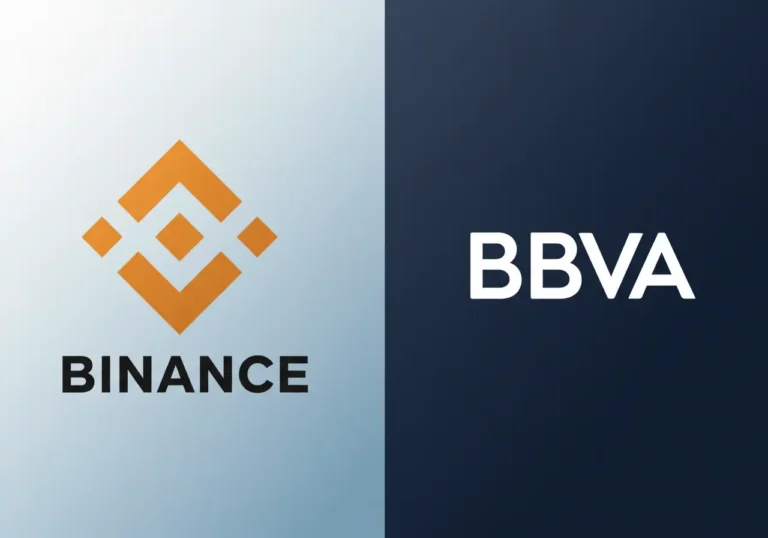Hong Kong Curbs Stablecoin Buzz by Requiring IDs for Every Holder—Industry Grapples with Privacy Cost
Yesterday, Hong Kong Investor pools and crypto firms found themselves navigating through simplifying complexities as the region enforced a new rule that demands know-your-customer (KYC) checks for every stablecoin holder—without exception.
In theory, this could track tens of thousands—or even millions—of digital users interacting with stablecoins, potentially compromising anonymity and raising compliance burdens across the board.
Why Did Regulators Make This Move?
In a nutshell, it’s about safety. The Hong Kong Monetary Authority (HKMA) insists that verifying users is vital to stopping money laundering and preventing terror financing. Stablecoins, especially dollar-pegged ones, are increasingly used in cross-border flows. Regulators worry these digital tools can be leveraged for illicit activities if left unchecked.
From that lens, requiring KYC on holders themselves may be a strong deterrent against misuse. But from a privacy and user freedom standpoint, it feels a bit like installing glass walls around digital wallets.
How Did the Industry Respond?
- Compliance + concern: Financial firms rushed to update onboarding flows and documentation, adding steps where a simple crypto swap once sufficed.
- Privacy alarm bells: Advocates argued that the requirement dismantles a core crypto pillar—selective anonymous access—and could drive users toward offshore alternatives.
- Market movement: Some stablecoin transactions saw hesitation or slowdown from users unwilling to expose identity, especially small-scale cross-border traders or privacy-conscious participants.
Broader Implications
| Domain | Implication |
|---|---|
| Privacy Concerns | Mandated KYC for all holders clashes with expectations of digital anonymity |
| Regulatory Trajectory | Signals a stricter stance worldwide—Hong Kong doesn’t stand alone here |
| Adoption vs. Oversight | Firm oversight may deter speculative use but discourage innovation |
| Industry Adaptation | Firms must now engineer privacy protections within KYC frameworks |
Hong Kong’s law follows a broader trend of tightening digital asset rules globally, even as other regulators, such as in the U.S. with laws like the GENIUS Act, aim to legitimize stablecoins with oversight.
Final Reflections & User Insights
So what does this mean for crypto users and developers?
- Balance anonymity and compliance: Expect more middle-ground solutions—think pseudonym layers with verified identities that don’t expose every detail publicly.
- Understand issuance terms: Before using stablecoins in regions with KYC laws, check issuance rules. Know who stores what information and how long.
- Privacy-aware use cases are shifting: Cross-border remittance or decentralized finance participants may need to adjust tools or explore new approaches to preserve privacy.
- Tech can help: Privacy tools like zero-knowledge proofs or selective disclosure mechanisms could offer partial anonymity while fulfilling legal obligations.
- Follow regulation updates: More regions might mimic Hong Kong’s move, or carving pathways between compliance and usability will become a priority.
Bottom line: Hong Kong’s decision on stablecoin KYC isn’t one-size-fits-all—it asks users and services to reinvent trust models. Would you like this turned into a quick-use checklist or UI mockup for crafting compliant yet privacy-preserving stablecoin experiences?
Table of Contents

Edmilson Dias is the founder of CoinBringer, a site dedicated to educating people about cryptocurrency and helping users navigate the crypto space safely and responsibly. A passionate advocate for digital security and financial education, Edmilson Dias has spent years researching the blockchain ecosystem and translating complex concepts into accessible, practical content for beginners and experienced users alike.With a mission to build a safer and smarter crypto community, he focuses on creating high-quality tutorials, safety tips, and trustworthy insights to empower others in the rapidly evolving world of digital assets.
Discover more from CoinBringer
Subscribe to get the latest posts sent to your email.







